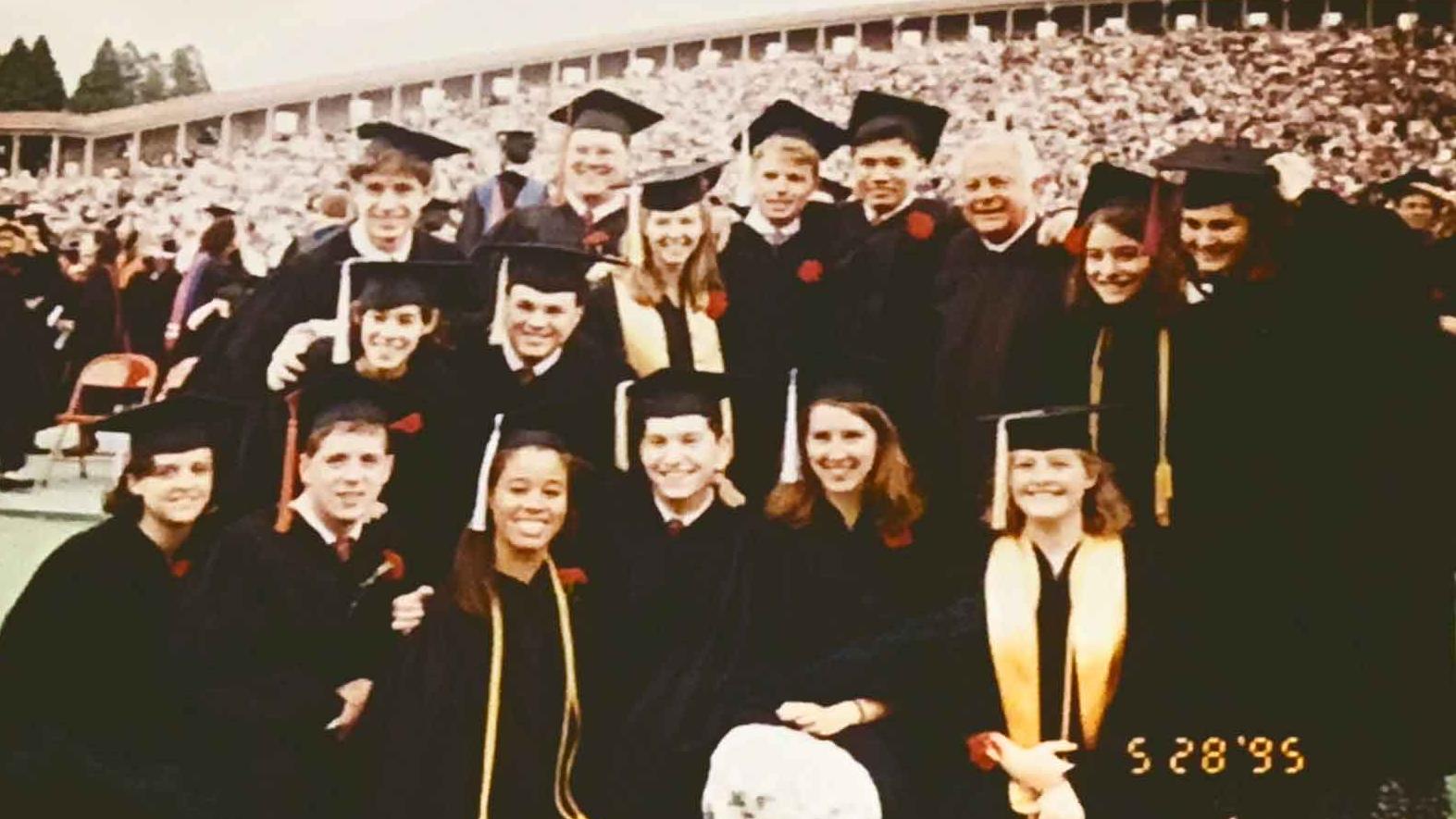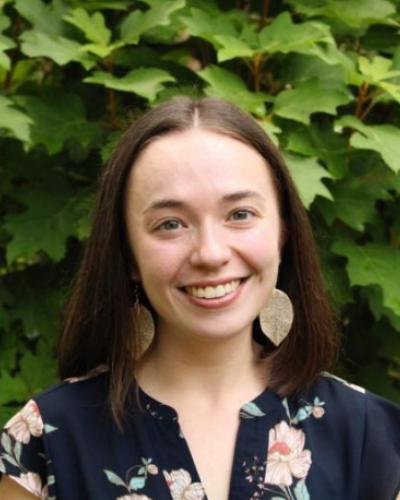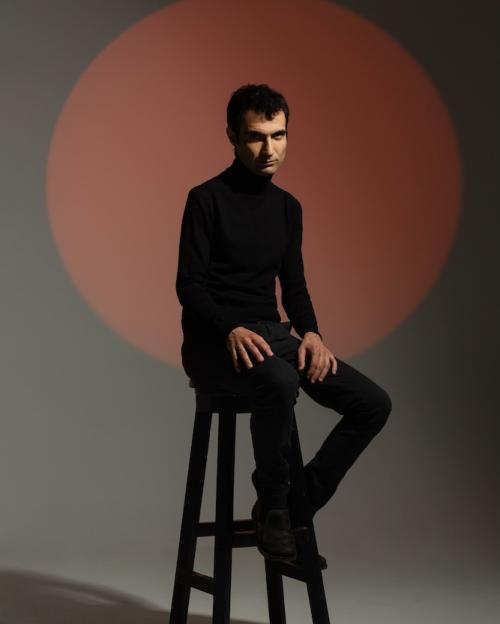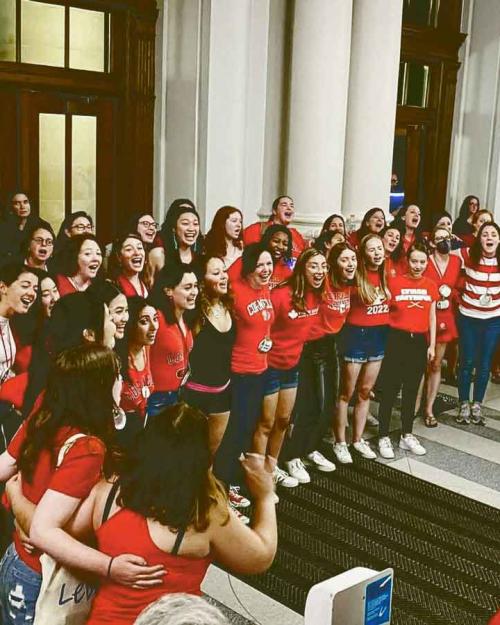Several days after I returned from Reunion 2022, where I had the privilege of performing with the Cornell University Chorus for its centennial, a classmate of mine posted these lyrics on social media:
“I was singing with my sisters,
I was singing with my friends,
And we all will sing together
’Cause the circle never ends.”
I’ve been thinking about the lyrics—from “Will the Circle be Unbroken,” a spiritual we sang during the celebration—for some time now in light of the importance of both connection and music in this ever-changing, often crazy, world.
You may remember Abraham Maslow and his “hierarchy of needs” from Psych 101. Maslow posited that basic survival needs like food and water must be satisfied before we are able to activate what he considered higher-level needs, including belonging and self-actualization.
As it turns out, however, researchers have since discovered that social needs like connection and love are as basic as our need for food, water, and shelter—and that in fact, our brains treat them the same way.
Think about the pandemic—now in year three—and how the initial (and, in some cases, continued) isolation may have affected you, your family, your friends, your coworkers. Some of the more introverted among us may have welcomed several of the changes that ensued, but even they suffered a loss—the loss of true human connection.
According to a 2010 article in the journal PLOS Medicine that reviewed 148 prior studies, stronger social connections were associated with a 50% greater likelihood of avoiding premature death—exceeding the benefits of exercise, and comparable with those of being a nonsmoker.
A Harvard University study—begun in 1938 to identify predictors of healthy aging—has had similar findings, which spanned ages, genders, races, and levels of economic status: connections to family, to friends, to a community, keep us happier, physically healthier, and living longer than someone who is less well connected.
Brain research shows that, when humans make connections, oxytocin is released. This is the same hormone released in pregnant mothers to bond with their babies. Oxytocin has also been found to lower the stress hormone cortisol and even promote the growth of new brain cells.
I’ve seen this happen in real life when meeting someone for the first time and realizing you both have kids the same ages, went to the same college (Go Big Red!), love the same music, or root for the same sports team (Go Big Red hockey!), just to cite a few examples.
All of a sudden, our heart rate evens out and we start to relax, maybe even let down our guard a bit, leaving us open to serendipity.
Now, when I think about this in terms of what I experienced back on the Hill in June—wow, was that oxytocin off the charts!
Not only was I reconnecting with old friends with so much shared history, but I was also meeting new ones who had one simple yet extremely powerful thing in common: their membership in, and love of, the Cornell Chorus.
Now, add to that the act of singing together, each of us adding a unique part to create a beautiful whole.
Not only did 100+ of us, ranging from alums from the 1950s to current students, perform our formal concert, but a smaller group sang together informally in the atrium of Goldwin Smith—our arms around one another, with outgoing director Sarah Bowe right in the middle, voices from all eras filling the space with an incredible sound that words cannot describe.
When you combine the power of connection with the power of creation, something truly remarkable happens.
We strengthen a bond—the circle that never ends—and we experience something bigger than any one of us on our own.
And for me, it was a much-needed balm in a very trying time, and a memory I will hold in my heart to help get me through whatever comes next.
Alison Torrillo French ’95 majored in communication in CALS. She has served as an officer for her class for 27 years (including 20 as class correspondent). She is the managing director of Alto Solutions, LLC, a women-owned small business based in the Washington, DC, area, specializing in consulting in organizational change and leadership, as well as facilitation, coaching, and training.






